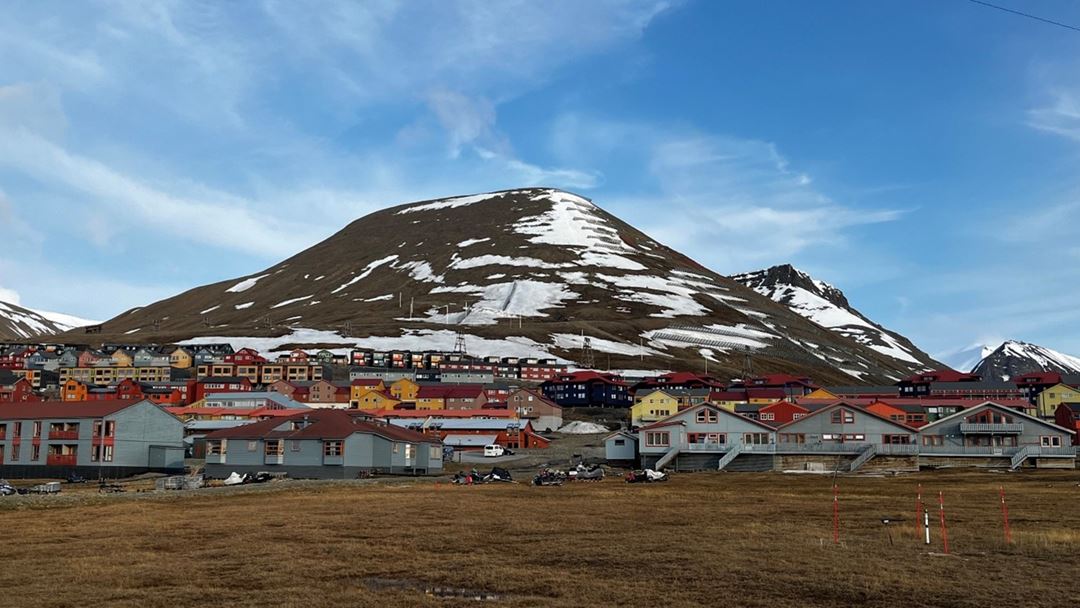In the ZEESA we are using meteorological measurements of solar irradiation and wind energy at Svalbard in combination with well-defined field studies of PV systems to provide new competence and expertise on the relationship between Arctic weather conditions and the production potential of renewable energy in this area. Further by coupling the energy production potential to innovative solutions for energy storage and the use of heat recovery from hydrogen technologies (fuel cell and electrolysers) in a thermal-electric integrated energy systems the feasibility of installing such systems in arctic settlements will be evaluated. Optimization models for investment and design analyses are combined with dynamic simulations of multi-scale energy balancing to evaluate achievable, operational performance of these systems under harsh and varying conditions.
A successful implementation of renewable energy in Arctic is also dependent on social acceptance from the local community. In ZEESA this are addressed through identification and understanding of critical local societal factors for a successful transition to a renewable energy system in Longyearbyen.
Project partners
- SINTEF (Project owner)
- UNIS
- CICERO
- Store Norske Energi AS
- Statkraft AS
- Longyearbyen Lokalsstyre
This is a Knowledge-building Project for Industry partly financed by the Research Council of Norway.

